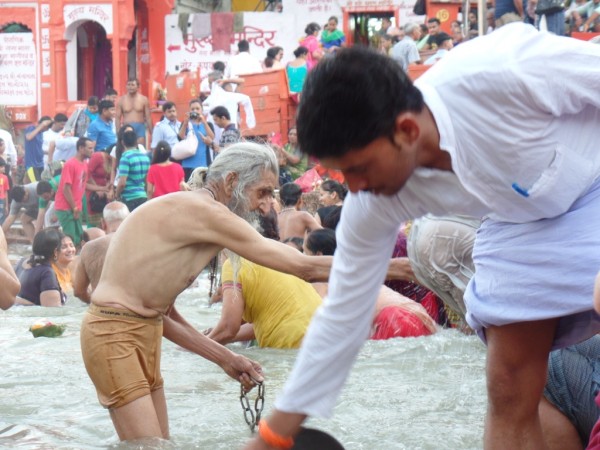Some context
In the history of the field school, while we intentionally overestimate costs, we have always returned several hundred dollars to students upon our return. We also ensure students apply for every bursary and/or scholarship available. We overestimate costs in case there are unforeseen expenses. But please know your faculty facilitators work hard to keep expenses as low as possible.
Please note costs in pink won’t be paid by everyone because in some cases, individuals will already have passports, up-to-date immunizations, international phone plans, etc. Course costs shouldn’t be considered as field school expenses, because those costs are in effect whether you go to India or not (see Note 1).
| EXPENSES | ESTIMATES | NOTES |
|---|---|---|
| Program fee | 3844 | These fees cover instructional and university costs, all accommodation in India, all ground transportation in India except for cab to Delhi airport, and more than 90 percent of meals. $250 is due May 1. $1797 due Oct. 1 and $1797 due March 1 See note 4 |
| Airfare | 1500 | Students typically get flights for less, and sometimes are aided by points |
| Meals | 150 | Nearly all meals are covered, but you may incur the occasional meal cost. Some have spent less than 100 the entire trip. |
| Insurance | 75 | Out-of-country health, medical, travel insurance |
| India visa | 100 | please use the government visa site only |
| Miscellaneous | 150 | phone plans, gifts |
| Immunizations | 50 | See note 2 |
| Up-to-date passport | 120 | Some will already have this in place. See note 2. |
| Cash | 300 | Cash is nice should your bank cards not work. You can convert cash at the Delhi airport when you land. |
| Additional travel | XX | See note 3 |
| Offsets | Range | Description |
|---|---|---|
| International Office at MRU | 1000 – 1500 | You will each receive a minimum $1000 grant, with potential for more. |
| Travel grant from SAMRU | 700 | These are first-come-first-served grants but students have had good luck landing these. |
| Returned monies from field school | 300 – 800 | We have historically returned a few hundred dollars to each field-schooler, but can’t guarantee returned monies as sometimes costs are higher than expected |
| Other | Private fundraising | Some students have held independent fundraisers to offset their travel costs, but MRU does not advertise or officially sanction these fundraisers |
| Other | Scholarships and bursaries | Every year, scholarships left unclaimed. Please review scholarships through MRU , which typically must be applied for by set deadlines, and also your students association to see if you might qualify for one! |
Notes:
1. The two India courses (representing 6 credits) should not be considered additional or extra to students’ program graduation requirements. The course fees (estimated at $705 each, or $1410) can be integrated in regular study plans. Please remember India Field School, because it unfolds in the spring, represents full-time study and is student loan eligible.
2. Field school participation requires students have up to date Hepatitis A/B, Typhoid fever vaccines, and Tetanus vaccines & a passport valid to at minimum January 2021 – students may face additional costs in meeting these needs.
3. Students should budget accordingly for hotels, meals and transportation for additional days spent in India outside of the field school dates: and for additional health/travel insurance, and/or for personal purchases and souvenirs
4. Apart from the non-refundable $250 CAN administrative deposit any unused funds at project end are returned to all student participants in equal shares. Please note program fee covers instructional costs, university costs, all ground transportation costs in India, more than 90 percent of meals, site visit fees.



